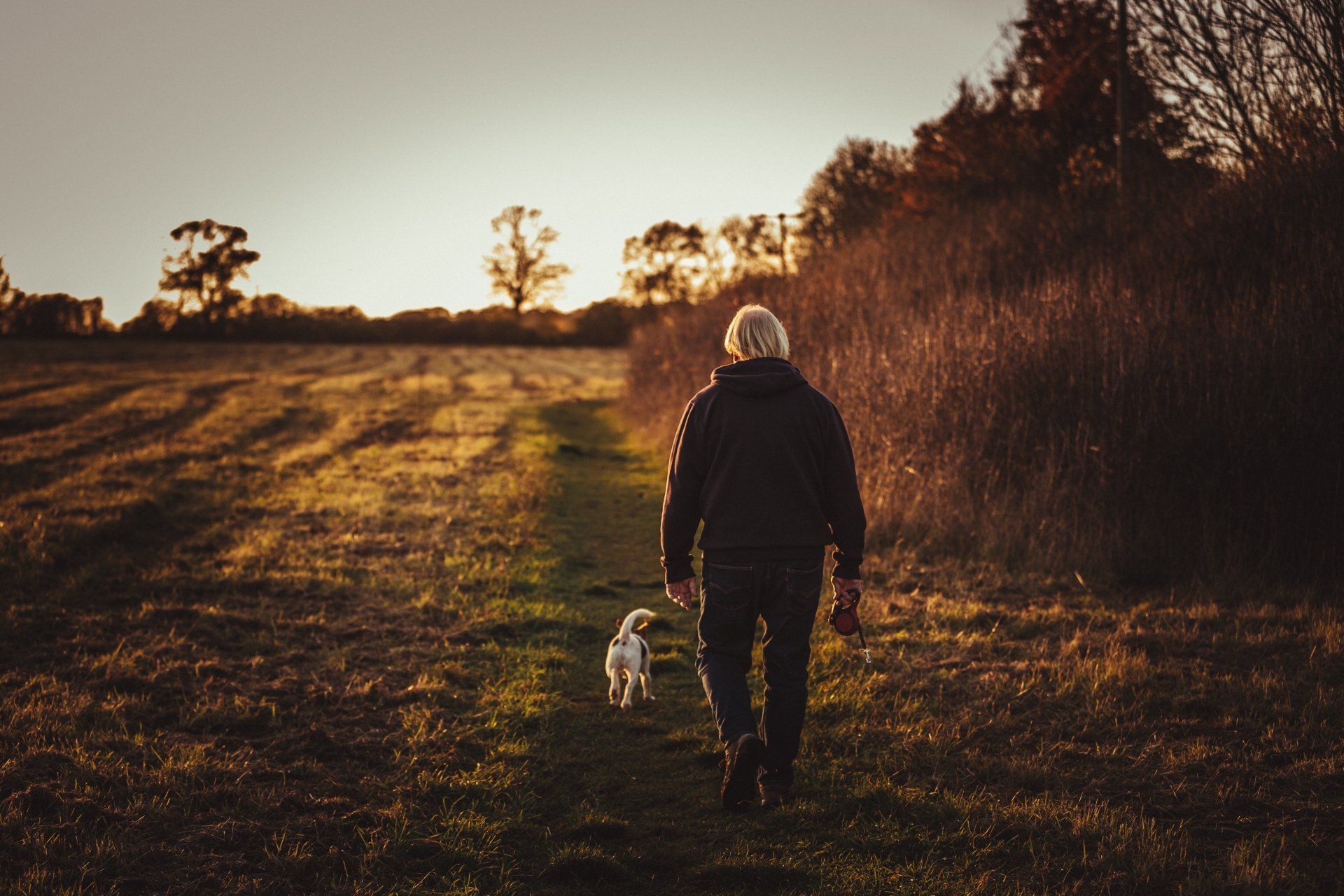Skin Cancer Symptoms & Warning Signs — What to Watch For
May 30, 2023
Melanoma skin cancer is the 5th most common cancer in the UK, accounting for 4% of all new cancer cases.
When the sun is out, the last thing you want to be worrying about is skin cancer, but there are some easy ways to reduce your risk of developing skin cancer during your lifetime.
In this article we shall discuss the different types of skin cancer, causes, symptoms, and preventative measures you can take to reduce your risk.
What is skin cancer?
Skin cancer is a condition where there is an abnormal growth and spread of skin cells, which happens when skins cells genetically mutate.
This is often caused by exposure to ultraviolet (UV) radiation, from the sun or tanning beds, but other risk factors may contribute, such as family history, medical conditions and working environments.
There are various types of skin cancer, but the most commonly diagnosed are:
Basal cell carcinoma (BCC)
This is the common type of skin cancer, and it usually appears in areas most exposed to the sun, such as the face and neck.
This type of skin cancer usually grows slowly and rarely spreads to other body areas.
Squamous cell carcinoma (SCC)
This type of skin cancer usually appears in areas most exposed to the sun, such as the face, ears, lips and hands.
This type of skin cancer usually grows more quickly than BCC and there is a higher risk of it spreading to other body areas.
Melanoma
This type of skin cancer is less common that BCC and SCC, but it is the most dangerous type of cancer. It is caused by genetic mutation in the cells that produce skin pigment (melanin), called melanocytes.
This type of skin cancer can develop anywhere on the body, regardless of sun exposure and has a much higher risk of spreading to other body areas.
Symptoms of skin cancer
Skin cancer symptoms vary depending on the type of cancer, but the most common symptoms to be aware of include:
- New unusual growths or moles on the skin.
- Moles or growths on the skin that change in size, shape, colour or texture.
- Sores that bleed or do not heal.
- Itching, tenderness, or pain in a particular area of the skin.
- Moles that have irregular borders, multiple colours, or are large in size.
Early detection is key for successful treatment of skin cancer, so if you notice any unusual changes in your skin or have any of the symptoms listed above, please seek medical advice from your GP or chosen healthcare professional.
Who is most at risk of skin cancer?
There are many factors that can increase your risk of developing skin cancer. Individuals considered to be more at risk are:
Skin type
People with fair skin, light-coloured hair or light-coloured eyes have less natural protection again UV radiation and tend to burn more easily. Those with darker skin have more UV protection, but this does not remove the risk.
Sun exposure
Excessive or prolonged sun exposure can increase the risk of skin cancer, if sufficient sun protection is not used. This includes individuals that work outside or spend a lot of time outdoors for leisure.
Previous sunburn
History of multiple sunburns, especially during childhood, can raise the risk of developing skin cancer.
Genetics
Family history of skin cancer and genetic factors can heighten the risk for individuals.
Anyone previously diagnosed with skin cancer is more at risk of developing it again.
Tanning beds
History of tanning bed or sunlamp use, especially from a younger age, can significantly increase the risk due to the higher concentration of UV radiation.
Whilst these factors can increase the risk of developing skin cancer, it can affect anyone. Practicing sun safety and regularly checking your skin for any worrying changes, can reduce the risk and detect any issues early.
How can you reduce your risk?
As with most cancers, prevention and awareness of your own body are the best way to reduce your risk of developing skin cancer.
You can reduce your risk by:
Limiting sun exposure
Try to avoid sun exposure when the sun is at it’s strongest. In the UK, this is between 11am-3pm from March to October.
If you are outdoors, try and avoid being in the sun directly, by seeking shade, using sunscreen and wearing clothing that covers more of your body.
Use sunscreen
Apply sunscreen generously before sun exposure, and aim for a sun protection factor (SPF) of 30 or higher.
Ideally, aim to reapply every 2 hours during very hot days, or after swimming, even if the product is “waterproof”, “sweatproof” or branded as “once a day”.
Take care near water
Water can be cooling, but it washes off sunscreen and UV rays are reflected on the surface of the water. This increases your exposure and heightens your risk of burning.
Additionally, towel drying and sweat can remove sunscreen even if it is “water resistant”, so be sure to reapply approximately every 2 hours.
Check your skin regularly
Regularly checks of your skin can highlight any concerns, such as new or changing growths, moles or unusually painful, itchy or sore areas of skin.
If you notice any changes, seek medical advice from your GP or chosen healthcare professional.
Avoid artificial UV sources
Tanning beds and sunlamps are considered more dangerous than direct sunlight, due to the concentrated UV radiation that is emitted.
If you, or someone you know, are displaying any unusual skin changes, it's important to consult with your healthcare provider to determine the underlying cause and appropriate treatment.









